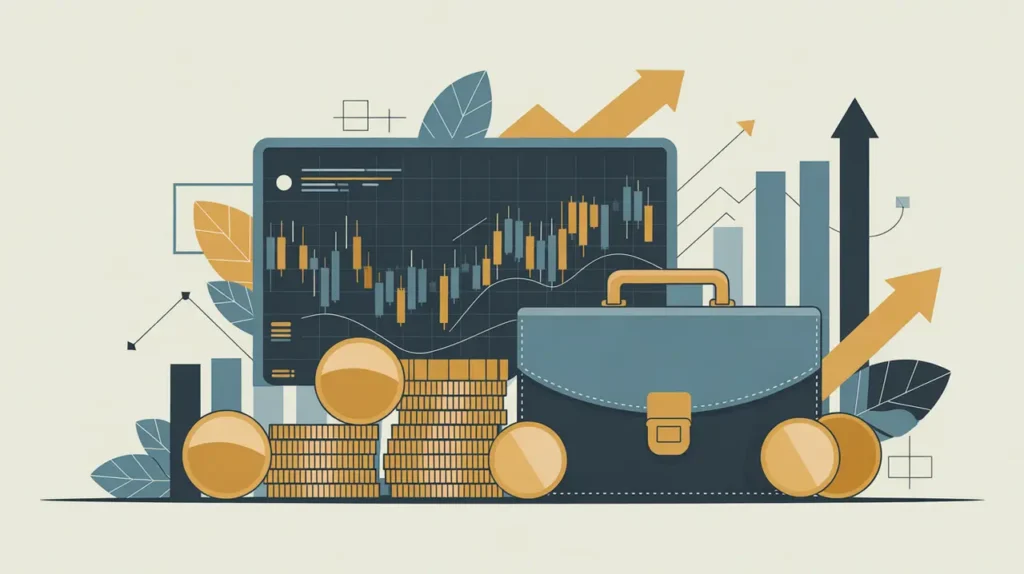Importance of Financial Services
Financial services are essential for enabling individuals, businesses, and governments to manage money, build assets, and access opportunities. They facilitate savings, investment, credit, insurance, and payments, which are critical for both economic growth and personal security. In international development, financial services expand inclusion by connecting underserved populations to formal systems, reducing poverty, and fostering resilience. For nonprofits and social innovators, they matter because financial tools are often the foundation for scaling livelihoods and strengthening communities. Their importance lies in linking financial access with equitable development.
Definition and Features
Financial services refer to the range of institutions, products, and systems that support the management of money and financial transactions. Their defining features include:
- Banking: deposits, savings, and lending provided by financial institutions.
- Insurance: risk management for health, agriculture, and assets.
- Payments and Transfers: secure and efficient movement of funds locally and globally.
- Investment Services: tools for individuals and businesses to grow wealth.
How this Works in Practice
In practice, financial services are delivered by banks, credit unions, microfinance institutions, cooperatives, fintech companies, and informal systems. For example, mobile money platforms have revolutionized access in Africa by allowing users to send, save, and borrow using mobile phones. Development actors often support financial literacy programs, regulatory reforms, and inclusive products designed for women, smallholder farmers, or low-income entrepreneurs. Challenges include financial exclusion, predatory lending, weak consumer protection, and lack of infrastructure in rural areas.
Implications for Social Innovation
Financial services have significant implications for social innovation because they enable participation in markets, improve resilience, and unlock new opportunities. Innovations such as digital wallets, blockchain-based remittances, and microinsurance expand access and efficiency. For proximate actors, financial services provide security, agency, and the means to invest in their futures. Financial services are essential for inclusive growth and sustainable development.







